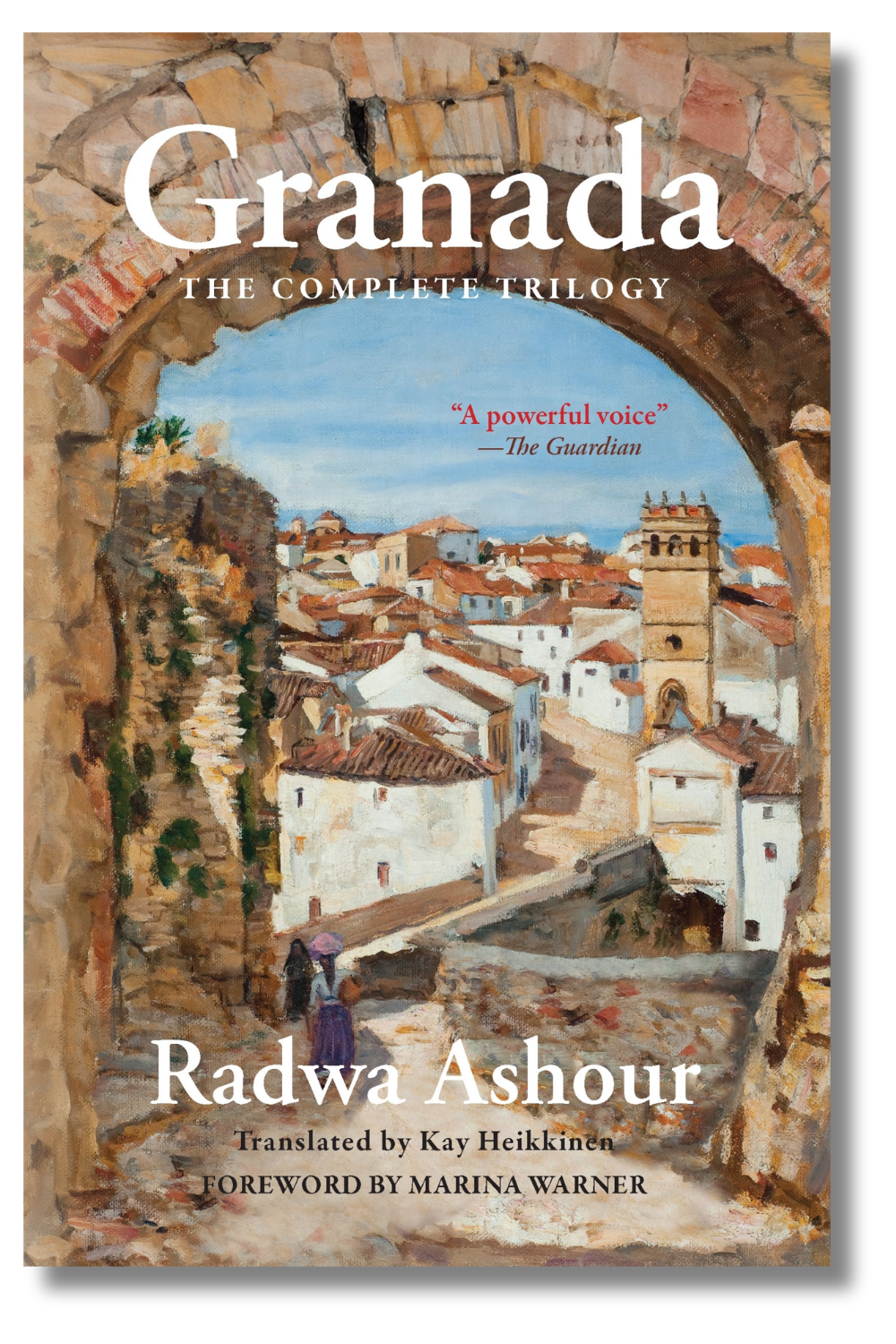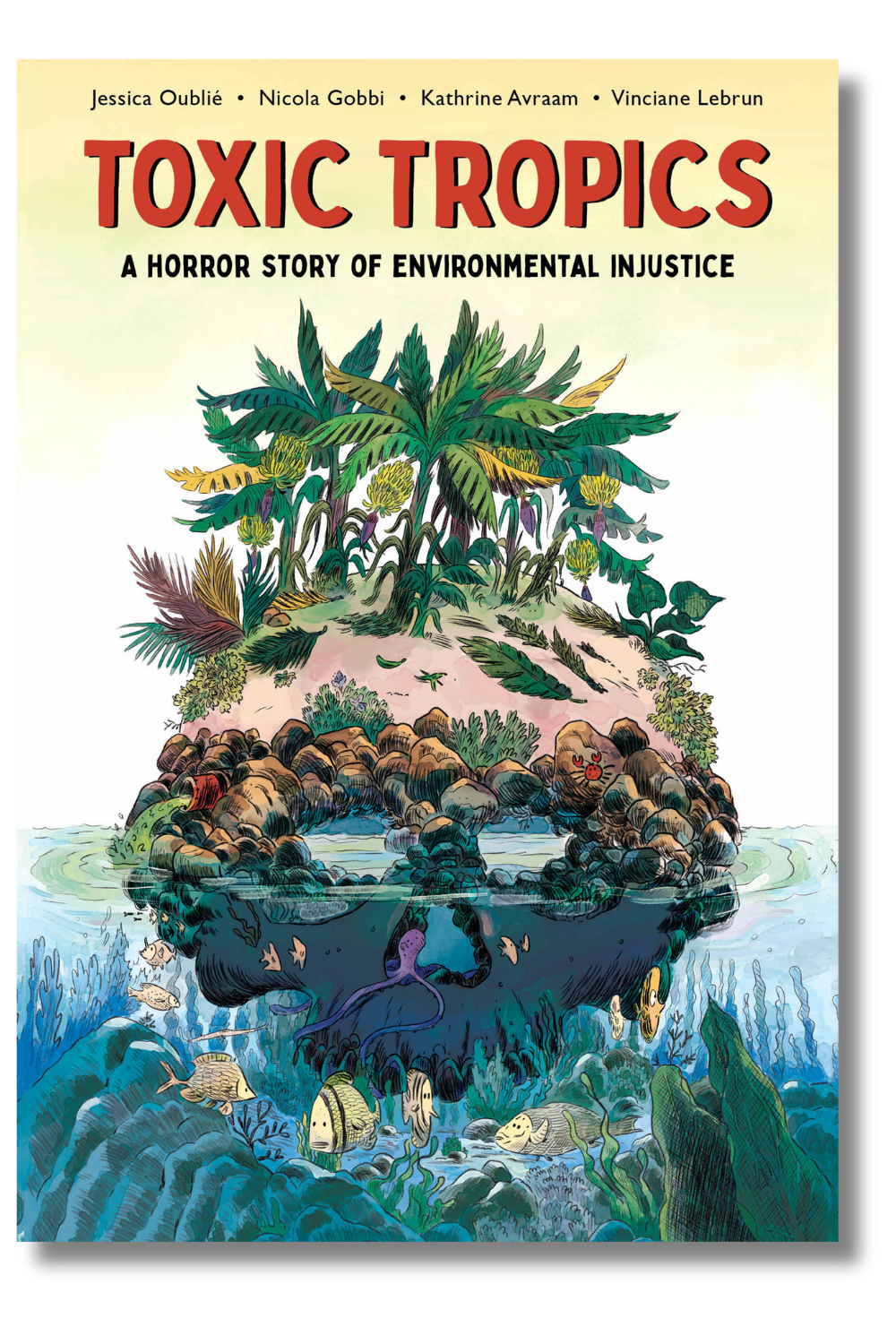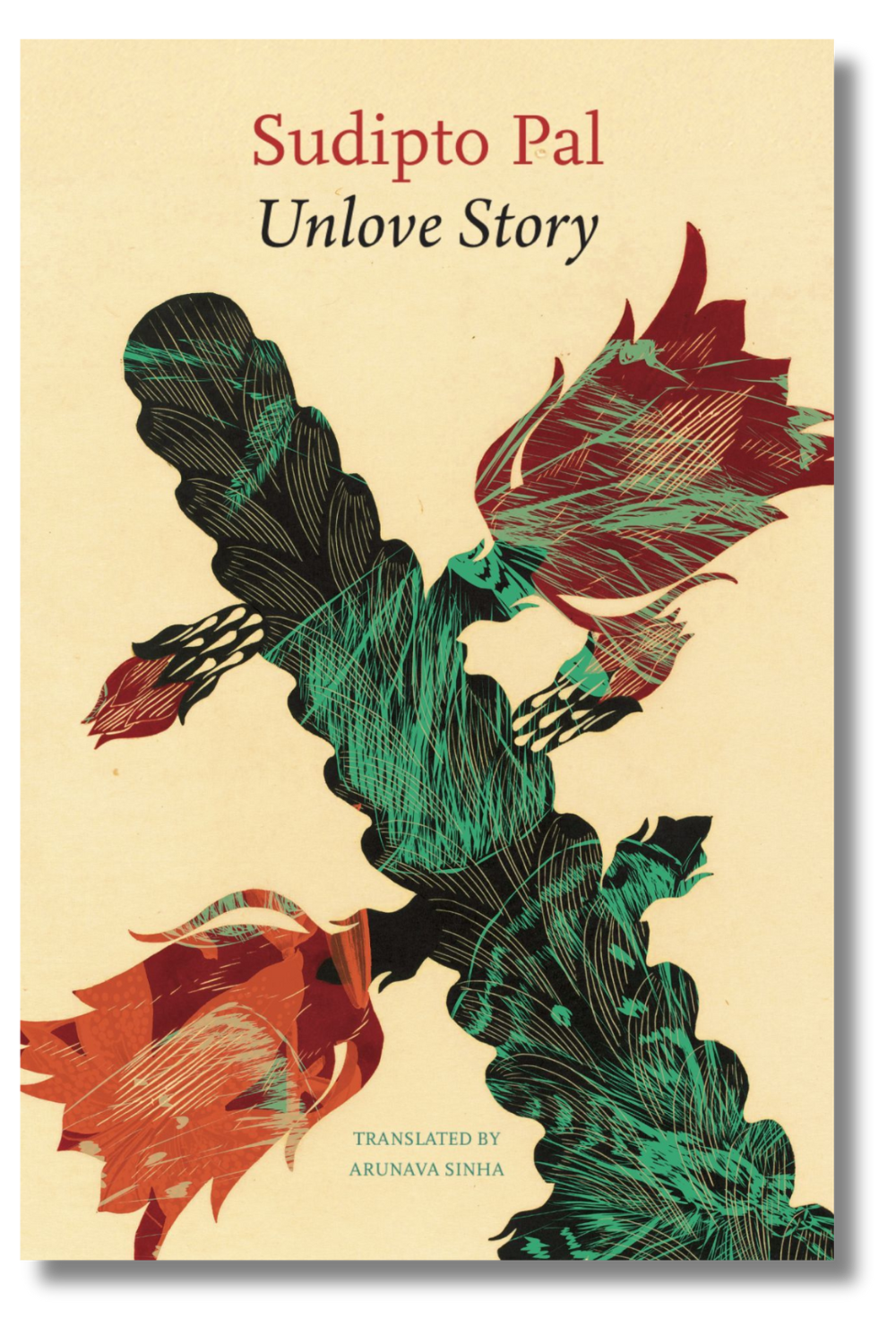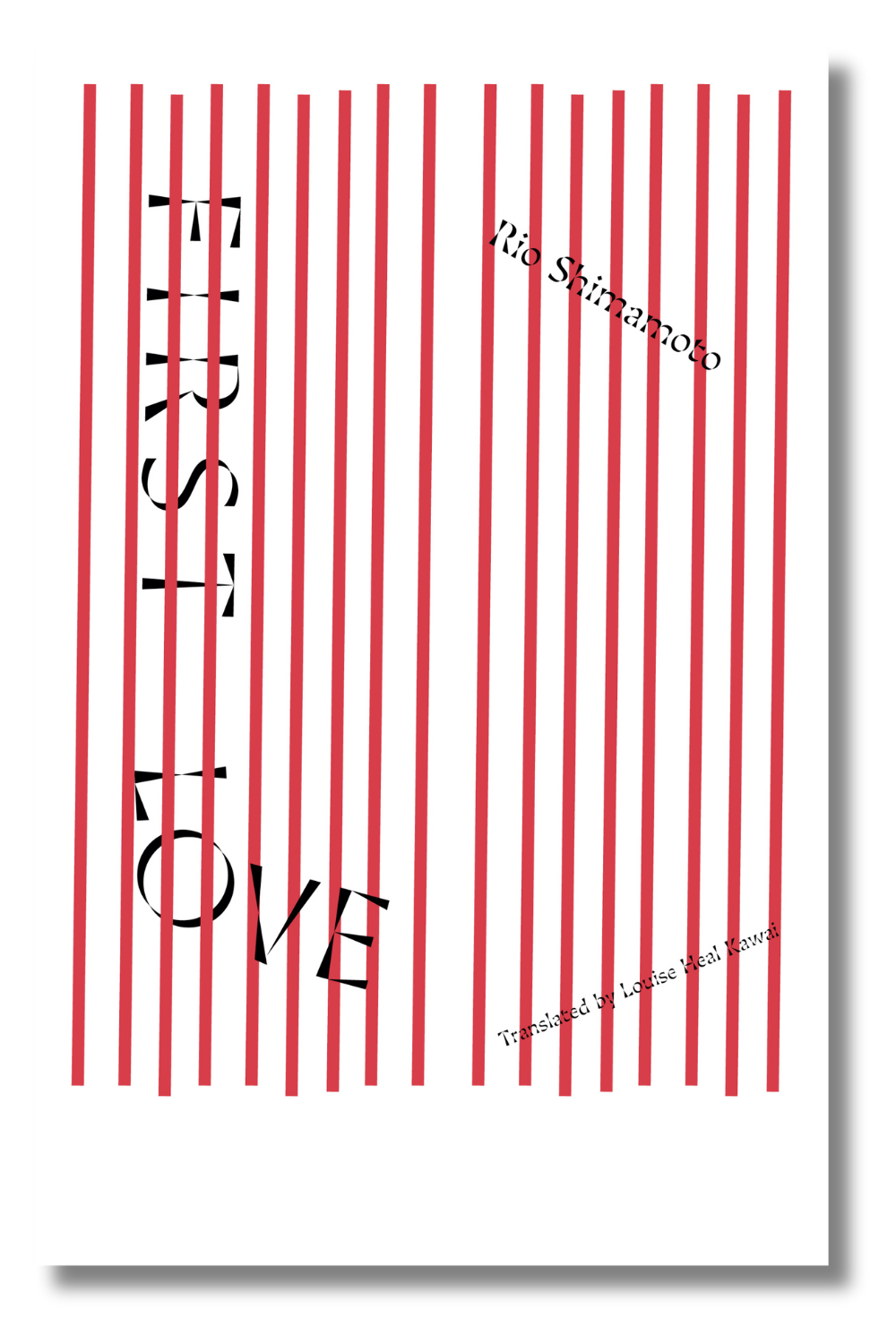From Litmus Press | Viscera: Eight Voices from Poland edited by Mark Tardi, translated from Polish by Mark Tardi, Lynn Suh, Małgorzata Myk, and Katarzyna Szuster-Tardi | Poetry | 288 pages | ISBN 9781933959832 | US$22.00
What the publisher says: “Viscera: Eight Voices from Poland, edited by Mark Tardi, presents a selection of work by Polish women writers committed to experimenting with form while shaping vigorous political critiques.”
What Eileen Myles says: “People who teach should use these viscera, people who sing in front of bands should shout these lyrics [. . .] These are far better than American poems I know, better than mine, anything can happen in here.”
What I say: In his introduction, editor Mark Tardi praises the eight poets whose work is featured in this anthology and the way that they, in his words, “give voice to formal, intellectual, and social concerns that twist, turn, diverge, and overlap the present.” Readers who explore Viscera will encounter Anna Adamowicz’s verse on both Lana del Rey and tardigrades, Joanna Oparek’s immersive explorations of the violent side of cultural histories, and Katarzyna Szaulińska’s channeling of multiple perspectives on volcanoes. Statements on all eight writers’ work provides even more context for their poetry; all told, it’s a compelling survey of a talented group of writers.
From Street Noise Books | Toxic Tropics: A Horror Story of Environmental Injustice by writer Jessica Oublié and artist Nicola Gobbi, translated from French by Irene Vásquez | Graphic Novel | 240 pages | ISBN 9781951491345 | US$23.99
What the publisher says: “An in-depth piece of comics journalism exploring the persistent use of the deadly chemical chlordecone to support the banana crops in Martinique and Guadeloupe. [ . . . ] In this richly illustrated work, the author brings her personal experience and connection to the story as she interviews scores of local people as well as scientists and government officials to uncover the true story behind the decision to continue poisoning the water and the soil for the sake of global commerce.”
What Kirkus Reviews says: “In 2018, Oublié moved to her mother’s island home of Guadeloupe with one goal: to start a life away from the dangers and unrest of her native Paris. However, as soon as she arrived, it became clear she had stumbled into the midst of an ecological crisis caused by chlordecone, a pesticide the island’s banana farmers had used for decades.”
What I say: As befits a true story that reckons with systemic injustices, environmental devastation, and governmental inaction, Toxic Tropics is a very dense book. That’s understandable, given the complexities of how chlordecone affects the environment and the domino effect it has on local economies. Nicola Gobbi’s art covers a lot of ground—sometimes you’ll see author Jessica Oublié talking with an expert in a given subject; at others, the action becomes more symbolic, as with a set of exchanges done in the style of a tennis match. Occasionally, that art is interspersed with photographs of the people Oublié interviewed, a reminder that this is, despite the phrase “horror story” in the subtitle, very real.
From Seagull Books | Unlove Story by Sudipto Pal, translated from Bengali by Arunava Sinha | Fiction | 164 pages | ISBN 9781803094205 | US$21.00
What the publisher says: “Delving into the intricate layers of two men’s lives, their fears, insecurities, hopes, and the mosaic of experiences that shape them, this novel is a testament to the complexities of human connection. One of the first openly gay novels written in Bengali, and the first to be translated into English, Sudipto Pal’s Unlove Story is a groundbreaking addition to the canon of queer literature from around the world.”
What I say: Unlove Story is centered around its protagonist’s inner life, and there’s a lot left implicit here, with Sudipto Pal content to let the passage of time and how it shapes certain characters reveal crucial details about them. And there are evocative moments in Arunava Sinha’s translation, as when the landscape itself seems to echo the novel’s larger themes: “The ocean and the rock temple seemed to have signed a pact. An agreement to maintain a distance, to view each other’s beauty from afar and go no further.”

From the American University in Cairo Press | Granada: The Complete Trilogy by Radwa Ashour, translated from Arabic by Kay Heikkinen | Fiction | 486 pages | ISBN 9781649033765 | US$19.95
What the publisher says: “Radwa Ashour’s sweeping trilogy, set over one hundred years against the backdrop of the great historical events of sixteenth-century Europe, tells the story of those who remained in Andalusia, of the individuals who struggled to maintain faith and hope in a possible future. It narrates a community’s effort to comprehend what has happened to them, of their valiant but ultimately unsuccessful efforts to resist the destruction of their identity.”
What Marina Warner at The Guardian says: “Granada (1994–95, first volume translated in 2003), a trilogy, returned to the period of convivencia in Spain—the era from the eighth century until the expulsion of the Jews in 1492 during which Christians, Muslims, and Jews lived alongside one another—and its destruction. Granada was voted one of the 105 best Arabic novels of the twentieth century by the Arabic Writers’ Union.”
What I say: There’s much to like about Kay Heikkinen’s new translation of Radwa Ashour’s Granada trilogy, from the timeless appeal of a multigenerational saga to the way these stories reflect a seismic moment in the region’s history. In showing how various characters reckon with questions of assimilation and social control, Ashour’s trilogy meticulously shows a status quo slowly disintegrating.
From Honford Star | First Love by Rio Shimamoto, translated from Japanese by Louise Heal Kawai | Fiction | 280 pages | ISBN 9781915829139 | US$19.99
What the publisher says: “Upon being arrested for the gruesome murder of her father, all college student Kanna Hijiriyama tells the police is ‘It’s up to you to find the motive.’ Amidst the media frenzy about the woman ‘too beautiful to be a killer,’ clinical psychologist Yuki Makabe is asked by Kanna’s lawyer to counsel the young woman as her trial approaches.”
What Mahika Dhar at Asian Review of Books says: “Relentlessly dark and unsettling, First Love is a powerful glimpse into the minds of women who have watched, faced, and recovered from abuse disguised as affection.”
What I say: First Love is a novel in which a psychologist attempts to discover the truth behind a violent murder; if you suspect that means there’s a pulpy charm afoot here, you’d be entirely correct. Louise Heal Kawai’s translation of Rio Shimamoto’s novel is taut and tense, and as the truth behind Kanna’s murder of her father slowly emerges, a portrait of a deeply dysfunctional family comes along with it. But the novel doesn’t sacrifice character depth for the sake of cheap thrills, giving First Love an appealing candor.
Looking for more reading suggestions? Check out Tobias Carroll’s recommendations from last month.
Disclosure: Words Without Borders is an affiliate of Bookshop.org and will earn a commission if you use the links above to make a purchase.
Copyright © 2024 by Tobias Carroll. All rights reserved.















